"With Windows Hello's FIDO2 certification, Microsoft brings 800 million Windows 10 users closer to a world without passwords," said Yogesh Mehta, a Microsoft executive, in a post on the brand's forum. Get ready to say goodbye to the infamous password, 123456, qwerty or 12345, which are the worst passwords ever.
Windows 10: FIDO2 allows Windows Hello to replace passwords with a physical security key
Windows Hello is now considered a FIDO2 authenticator. The certification is implemented from the May 2019 update on Windows 10. In the coming months, a FIDO2 logo will be affixed to the Windows 10 PCs offered for sale. Specifically, the standard allows users to connect to an online account via Windows Hello, using a physical security key, as found at fifty euros on Amazon, rather than a traditional word password.
For that, you will have to install the update of May 2019 on Windows 10. Among the compatible services, we find Outlook.com, Office 365, Skype, OneDrive, Cortana, Microsoft Edge, Xbox Live on PC, Mixer, Microsoft Store, Bing and MSN. Microsoft Edge under Chromium, Google Chrome and Mozilla Firefox will support the FIDO2 standard.
How it works ?
Contrary to what many users think, Windows Hello is not reserved for biometric recognition. It is in fact the software component that manages authentication on Windows 10. To secure your accounts, you can opt for a physical security key FIDO2, such as YubiKey for example, with this new certification. Visually similar to a traditional USB key, a key FIDO2 is equipped with a single chip to secure an account in the manner of a safe. You no longer need a password.
It was already possible for several months on Windows 10. But now, the physical key authentication is natively integrated with Windows Hello, you no longer need to install third-party software on your computer. Before you can use the key instead of a password, you will have to register it on the Microsoft website using its PIN code. Once done, it will allow you to access your accounts online without having to enter a password.
As ZDNet points out, FIDO2 is very similar to the WebAuthn standard approved by the World Wide Web Consortium (W3C). This new standard will allow Internet users to identify themselves on a website, such as Facebook, Twitter or Ebay, by using the fingerprint sensor, the iris scanner or the 3D sensor of their smartphone or laptop. Only Firefox supports the WebAuthn for the moment. Both initiatives are obviously in the same direction.
"We're encouraging businesses and software developers to create a password-free future and start today by supporting alternative solutions like Windows Hello," continues Yogesh Mehta. Until the standard is supported everywhere, we advise you to choose a password really secure. What do you think of the solution put in place by Microsoft? Are you ready to enter a world without a password? We are waiting for your opinion in the comments.














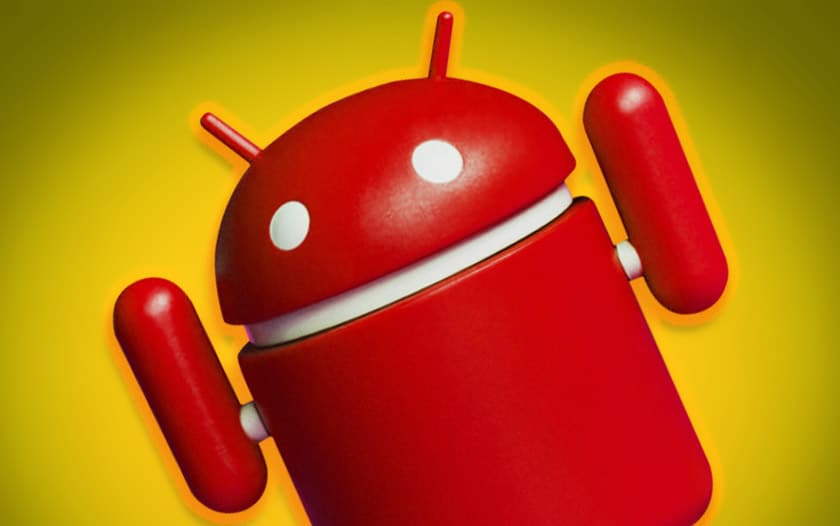

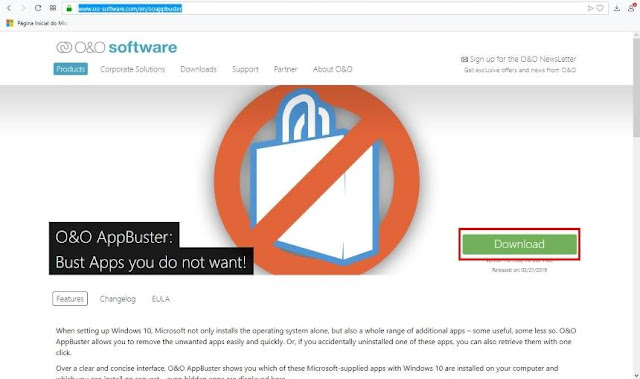
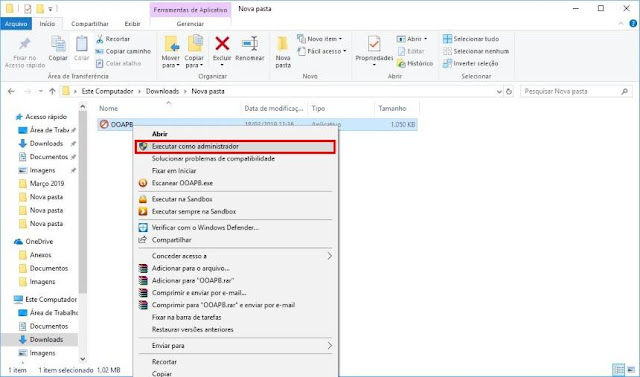
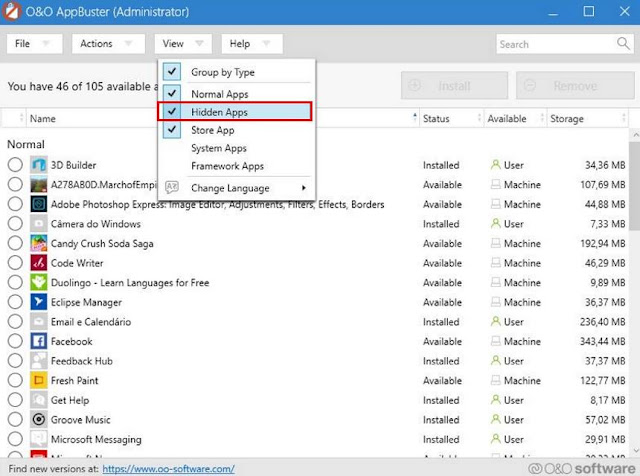
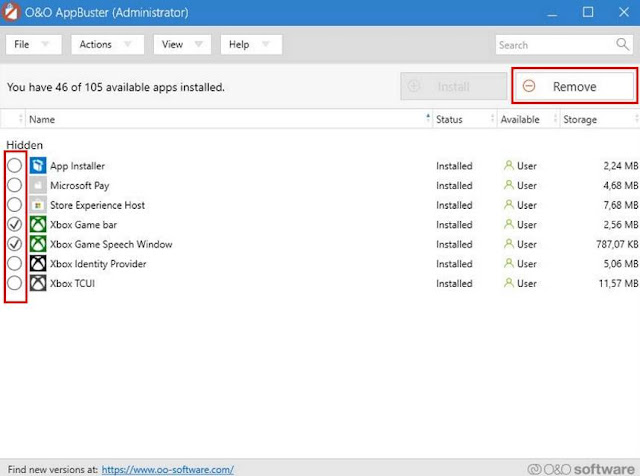
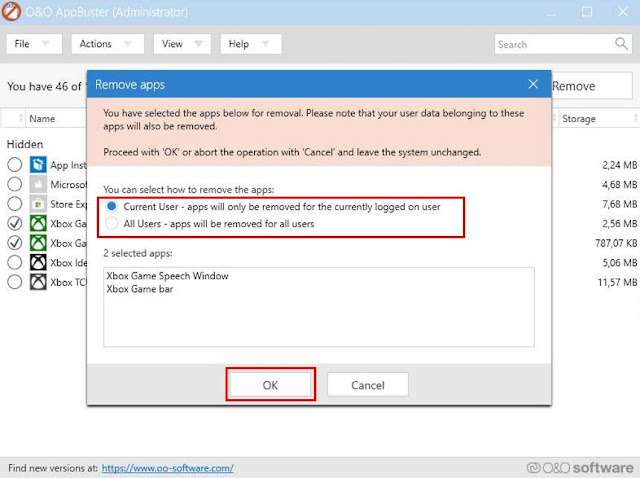
























 Is a very popular program and is an excellent option if you are looking for a program to protect your computer from viruses and free of charge. It contains all the key features you expect to avoid being infected by catastrophic viruses such as ransom virus
Is a very popular program and is an excellent option if you are looking for a program to protect your computer from viruses and free of charge. It contains all the key features you expect to avoid being infected by catastrophic viruses such as ransom virus

